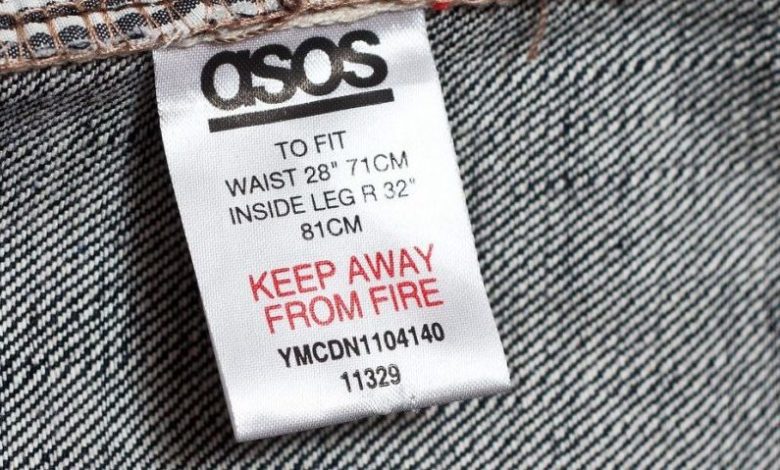Can Asos turn around its spiral into widening losses?
Asos is doing everything in its power to undo its widening losses that are nearing negative £300m, following the height of popularity during the Covid online shopping boom – but have consumers simply moved on to other competitors?

If Asos’ estimations are correct, the online fashion retailer will be facing its second year of falling sales as big as 5% to 15% in FY24. Business has looked bleak for the retailer, and as of 3 September, its loss-before-tax widened to £296.7m, UP from a loss of £31.9m in 2022.



